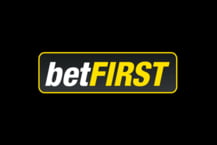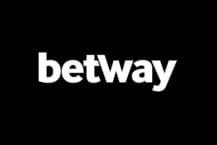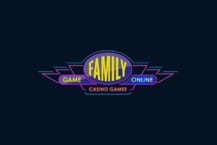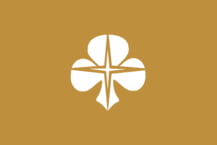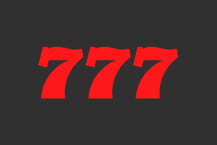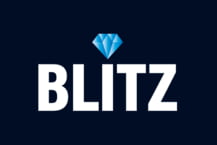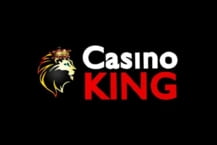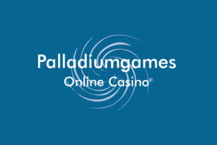The Belgian modern gambling scheme is almost ten years old. There are four types of land-based gaming establishments in Belgium: casinos, gaming arcades, cafés, and betting offices. The total turnover of the Belgian casino market in 2016 was nearly EUR 226 billion. According to the official statistics, offline and online gambling represented almost equal shares – EUR 104.33 and EUR 105.86 billion respectively. https://www.gamingcommission.be/opencms/export/sites/default/jhksweb_nl/documents/KSC_2017_NL_single.pdf
Laws and Regulators
The legal framework for gambling in Belgium consists of the Gaming Act 1999, which was amended twice, the Lotteries Act 1851, the National Lottery Act 2002, and a set of Royal Decrees. Online gambling was not regulated before 2011. The Gaming Act was modified in 2010 to adopt a licensing regime for online gambling, and in May 2019.
Under the Gaming Act, the Gaming Commission, which is responsible for gambling in Belgium, was formed in 1999. The Gaming Commission controls the licenses that have been granted as well as protects players. The Gaming Commission developed a system of additional licenses: existing land-based gaming establishments that already have a license for land-based gambling can apply for an additional license to offer their games via the internet.
Land Based Casinos
Casino games can only be offered in a casino. Under the Gaming Act, operating a casino requires an A-license. The Gaming Act allows nine casinos in Belgium and specifies the municipalities and cities where casinos can operate (https://www.gamingcommission.be/opencms/opencms/jhksweb_nl/establishments/casino/). Casinos can offer table games (https://www.gamingcommission.be/opencms/opencms/jhksweb_nl/games/table/), automatic games (https://www.gamingcommission.be/opencms/opencms/jhksweb_nl/games/electronic/), and slots.
The age limit is 21. The Gaming Act prohibits certain people from entering casinos; people can be excluded for various reasons (e.g. problematic gamblers, professional status, debts, court decision, self-exclusion and family requests). Giving credit or a loan in casinos to pay for a stake or a loss is prohibited (except for credit and debit cards). It is also prohibited to have ATMs in casinos.
Online Gambling
Before the amended Gaming Act 2010, online gambling was unregulated. Offering online gambling now requires an additional online license as well as the principal land-based license.
The Gaming Act does not have a separate concept of “online gambling”, but it recognizes games of chance “offered through an instrument of the information society”, ensuring that the Gaming Act will apply to games offered through new technologies in the future. In recent years, online gambling has increased.
The online license covers the online version of games that can be offered under the land-based license. According to June 2019 data, all nine legal casinos have additional online licenses, whereas game arcades have 32 active licenses (out of 180 available).
People younger than 21 are not allowed to access online casino games. Only playing on the licensed websites is legal. Participating in illegal online gambling is prohibited, and such players are punishable. If the public prosecutor has not taken action within 6 months, the Gaming Commission can itself impose administrative fines, which vary between EUR 200 and EUR 11,000, for players. The list of licensed online casinos can be found at the Gaming Commission’s official website (https://www.gamingcommission.be/opencms/opencms/jhksweb_nl/establishments/Online/aplus/).
Offering illegal online gambling is prohibited. Illegal websites are blacklisted by the Gaming Commission. The following websites are included on the Gaming Commission's blacklist (https://www.gamingcommission.be/opencms/opencms/jhksweb_nl/establishments/Online/blacklist/).
